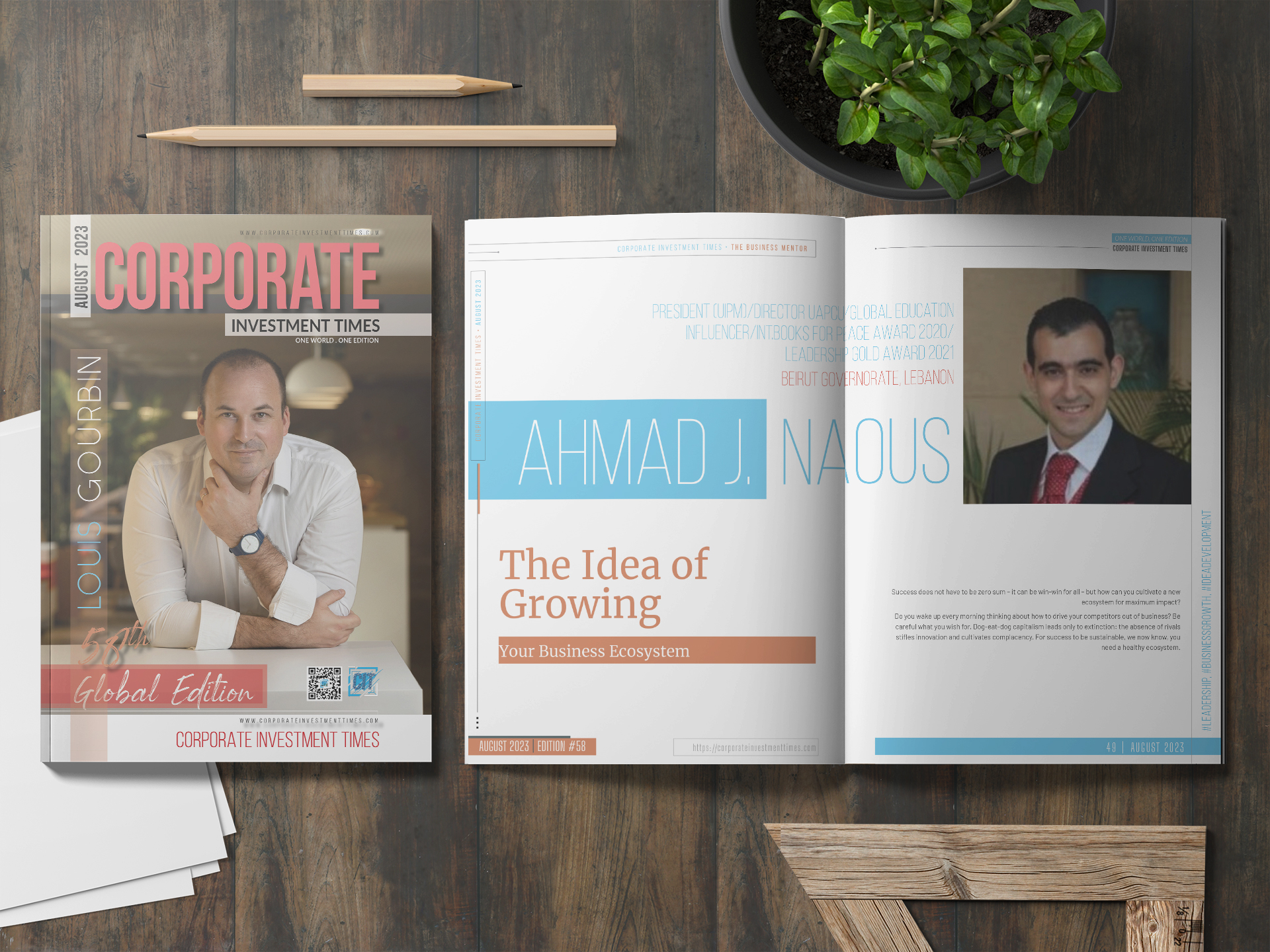Success does not have to be zero sum – it can be win-win for all – but how can you cultivate a new ecosystem for maximum impact?
Do you wake up every morning thinking about how to drive your competitors out of business? Be careful what you wish for. Dog-eat-dog capitalism leads only to extinction: the absence of rivals stifles innovation and cultivates complacency. For success to be sustainable, we now know, you need a healthy ecosystem.
Ecosystem is one of those terms that if you ask one hundred people what it means, you will probably get one hundred different answers, most of them in a similar zone, but the variation would be significant.
A business ecosystem is a purposeful business arrangement between two or more entities to create and share in collective value for a common set of customers. Every business ecosystem has participants, and at least one-member acts as the orchestrator of the participants. All members in a business ecosystem, whether orchestrators or participants, have their brands present in the value propositions.”

The basic concept of a business ecosystem is that firms cannot be viewed in isolation and that success is not zero sum. In many respects, whether we thrive or fade depends on the complex, dynamic and interdependent network of suppliers, distributors, workers, competitors and customers in which we operate.
Creating a new ecosystem, therefore, can unlock some of the most remarkable opportunities. It takes only a quick glance at the success of some of the great tech platforms to see how transformational it can be: the tech giants encourage other firms to operate on their platforms, because they know that the whole will be much greater than the sum of its parts.
Nowhere can this be more impactful than in the developing world and indeed those parts of the developed world that have been left behind by 21st century prosperity.
A lot of firms profess a purpose that goes beyond profits. Many have worthy corporate social responsibility (CSR) programmes with decent budgets behind them. But rarely do they actually succeed in solving the greatest problems that are in their sights – food security, opportunities for disadvantaged youth, extreme poverty. A company alone, no matter how big, simply lacks the resources to do so.
Yet transformation is exactly what ecosystems are so good at, because they are dynamic and self-sustaining – they don’t require constant, deliberate attention and finance from any one actor.
How, though, can a company set about creating an ecosystem that is by definition bigger than itself?
Find the right opportunity
This is not CSR, it’s business. The ecosystem you’re looking to build should therefore bring with it the opportunity for you to make a healthy profit. It’s a risk, after all – you’re essentially investing in a market that doesn’t exist yet – and without the promise of profit, you won’t be able to bring others along with you.
It’s unlikely you’ll spot one of these opportunities from the ivory tower of the corporate HQ. Local knowledge is essential, so listen to your employees who are closer to the action. Don’t be too proud either: this doesn’t have to be your idea, for you to get involved.
Find the right partners
This is definitely something you can’t do alone. Birthing a new ecosystem is a highly complex thing, requiring key suppliers and customers, patient finance and the right expertise to bring all the ingredients together.
Consider the skills and resources you lack but that may be complementary, whether they be found in other firms, NGOs or even government bodies.
Once all interested parties are together, the fun can start – but only if you have that magic ingredient, trust. You need to accept that you won’t have control over all the decisions and outcomes that will follow.
Ecosystems involve mutually dependent actors from different backgrounds, which may struggle to understand each others’ motivations – and nowhere is this more keenly felt than in the fragile early days. Building trust is therefore essential if the ecosystem is to be sustainable, and this means being willing to listen, learn, share and compromise. The more time you spend together, collaborating, the easier this will become.
The MENA Ecosystem:











